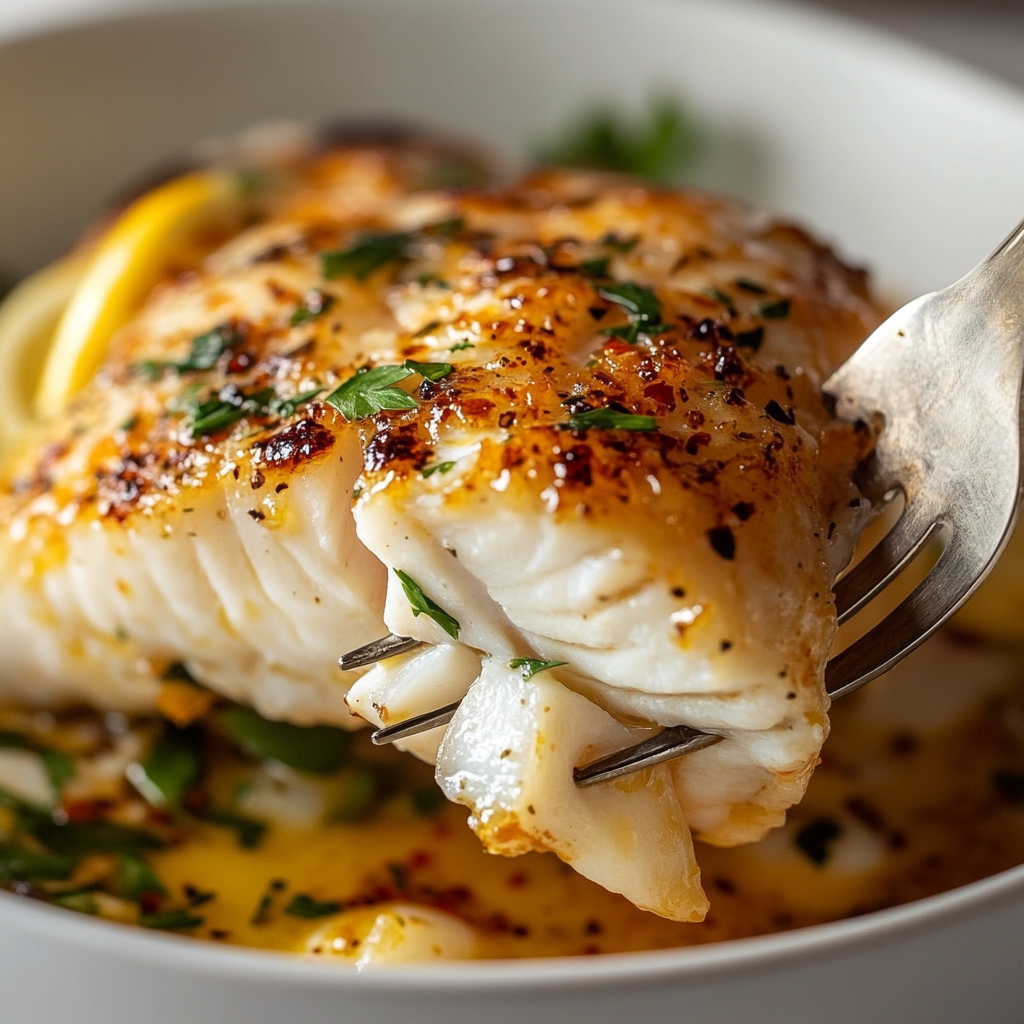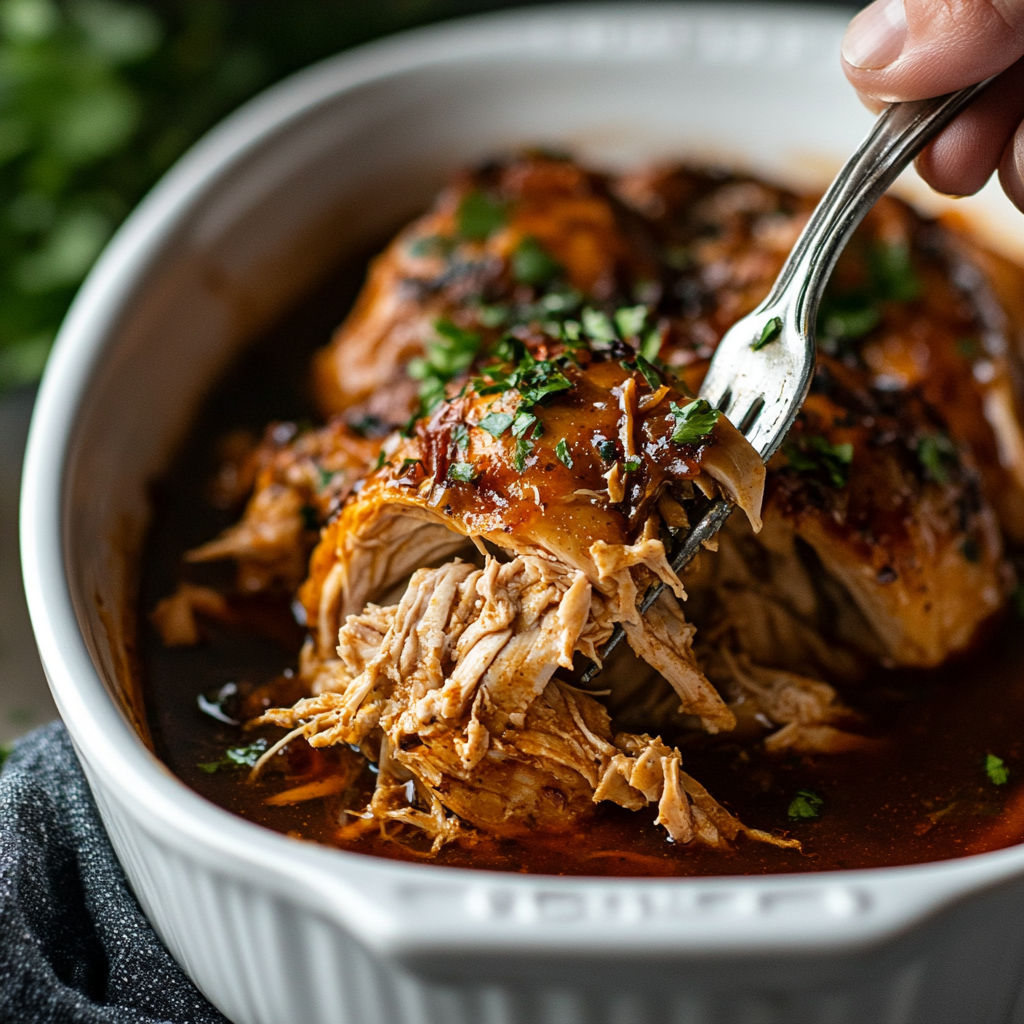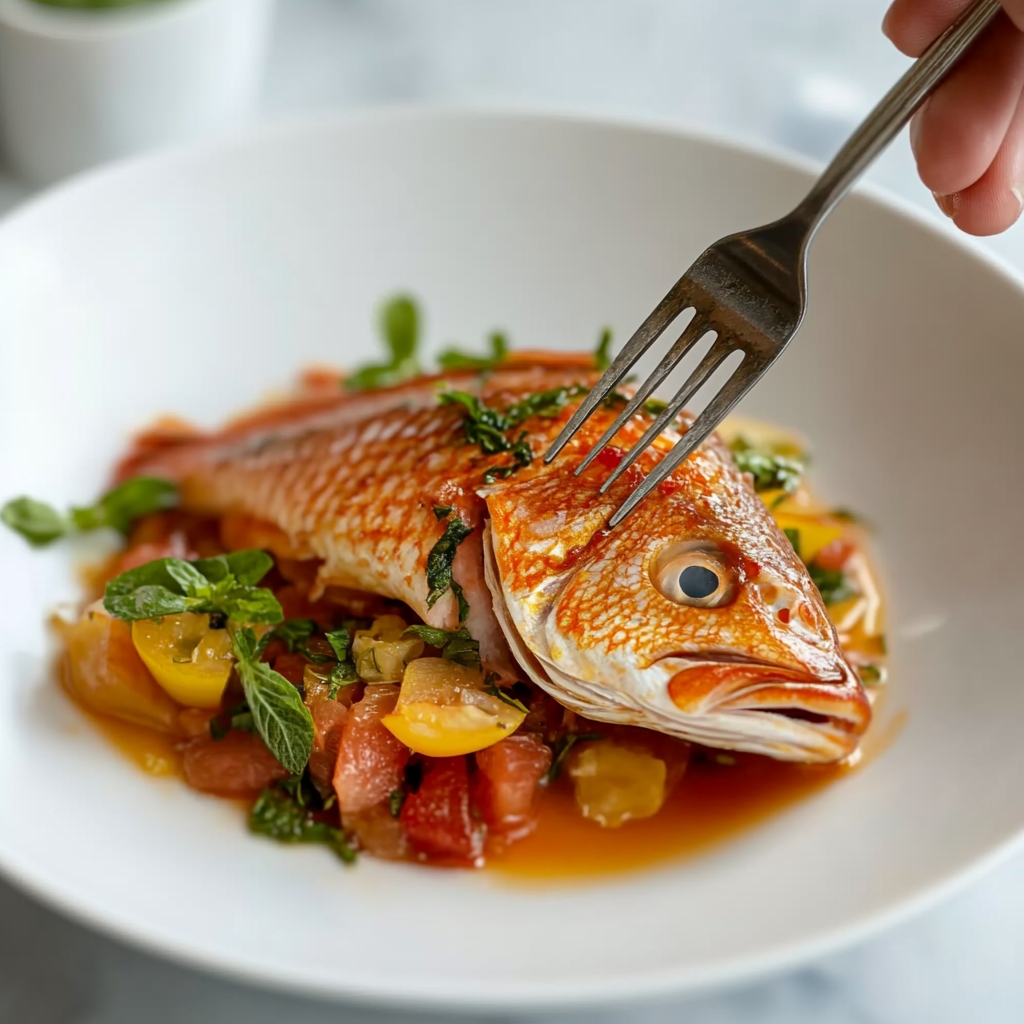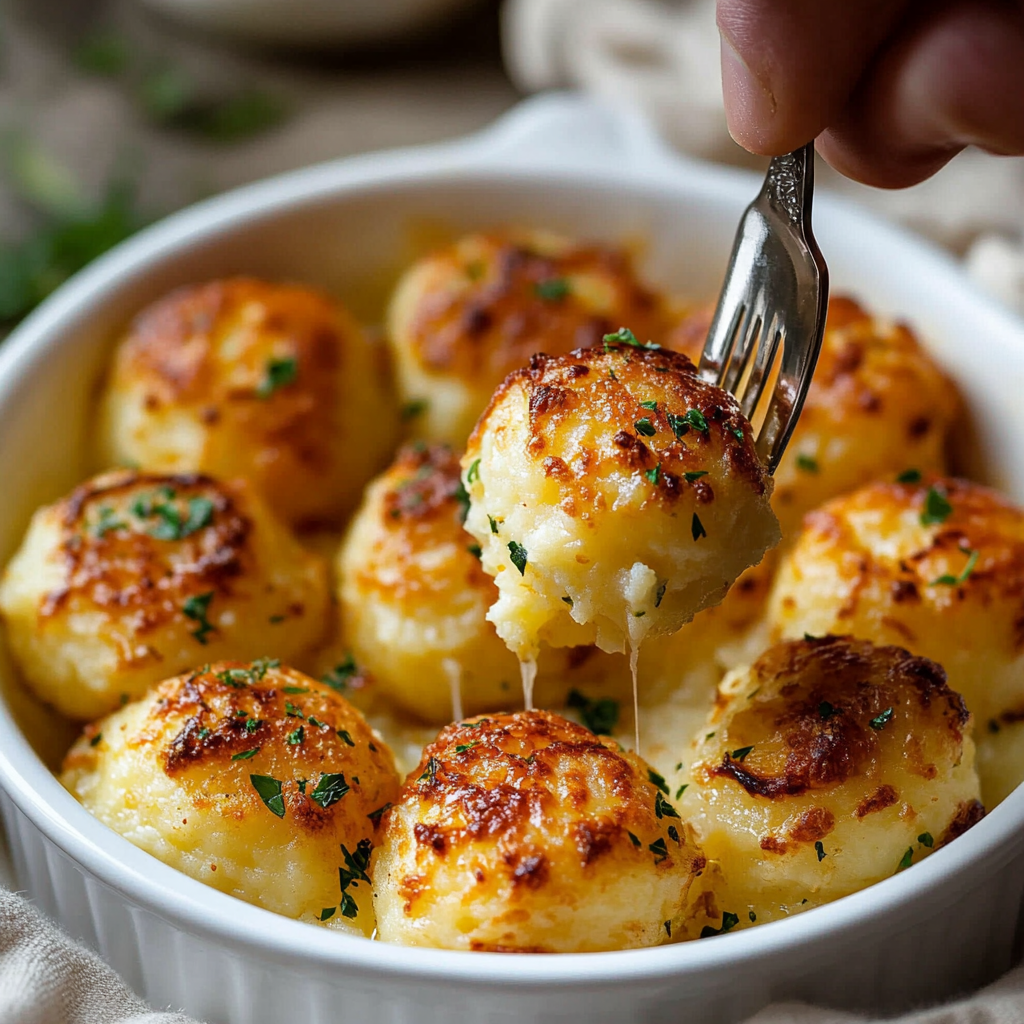- Introduction
- Overview of rockfish recipes and their appeal.
- Why rockfish is a versatile and must-try ingredient.
- Introductory hook with external link (e.g., “Learn why rockfish is a culinary favorite here“).
- What Are Rockfish?
- Definition and characteristics of rockfish.
- Their significance in U.S. coastal cuisines.
- External link to NOAA Fisheries for rockfish information.
- The History and Cultural Relevance of Rockfish Recipes
- Historical importance of rockfish in U.S. fishing communities.
- Cultural traditions tied to rockfish recipes.
- Seasonal availability and its impact on recipes.
- Key Ingredients in Rockfish Recipes
- Core ingredients and their qualities.
- Notes on sourcing sustainable rockfish.
- Common substitutions for rockfish.
- How to Cook Rockfish: Step-by-Step Guide
- Simple techniques for preparing rockfish.
- Common pitfalls and tips for success.
- Methods: baking, grilling, sautéing, steaming.
- Essential Tools and Techniques for Cooking Rockfish
- Must-have kitchen tools (e.g., non-stick pans, fish spatula).
- Techniques like seasoning and marination.
- Popular Rockfish Recipe Variations
- Classic baked rockfish.
- Grilled rockfish with herbs.
- Sautéed rockfish with lemon and garlic.
- Creative recipes: tacos, chowders, and casseroles.
- Pairings and Accompaniments
- Ideal side dishes for rockfish recipes.
- Beverages that complement rockfish meals.
- Health Benefits of Rockfish
- Nutritional value: high protein, low fat, and rich in omega-3s.
- Suitability for various diets.
- Why rockfish is a healthy fish to eat.
- Frequently Asked Questions (FAQs)
- What are some facts about rockfish?
- What is the flavor and texture of rockfish?
- What temperature is rockfish done?
- Is rockfish a healthy fish to eat?
- Storage and Leftovers
- How to store cooked rockfish.
- Reheating and repurposing leftovers.
- Fun Facts and Trivia About Rockfish
- Little-known facts about rockfish and their ecosystem.
- Surprising tidbits about rockfish recipes.
- Conclusion
- Recap of the versatility and appeal of rockfish recipes.
- Encouragement to try a recipe today.
- Suggested Recipes
- List of internal links from the sitemap.
- For More Savory Recipes
- Link to Alicia’s blog.
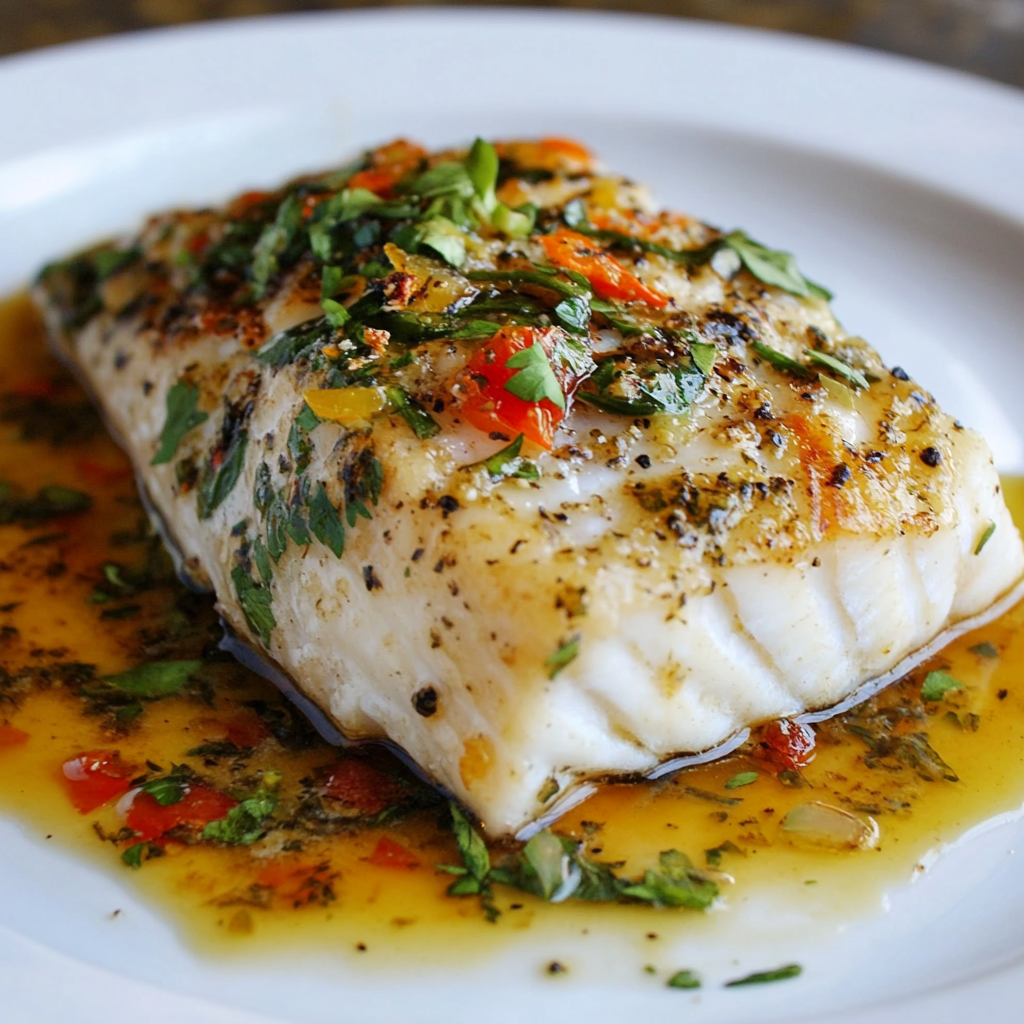
Rockfish Recipes: A Culinary Delight for Every Occasion
Rockfish recipes offer a delicious and healthy way to enjoy seafood. From grilling to sautéing, there’s a recipe for everyone.
What Are Rockfish?
Rockfish are a type of white-fleshed fish popular in American coastal cuisines. Known for their mild flavor and firm texture, rockfish are a favorite among seafood enthusiasts. Learn more about rockfish here.
The History and Cultural Relevance of Rockfish Recipes
Rockfish have been a staple in U.S. fishing communities for centuries. Their availability along the Pacific and Atlantic coasts has made them a culinary favorite. Many traditional recipes, especially in regions like New England and the Pacific Northwest, feature rockfish as the star ingredient.
Seasonal Relevance
Rockfish are often available year-round, but their peak season is late summer through early winter. During this time, their flavor is at its best.
Key Ingredients in Rockfish Recipes
- Rockfish fillets: Fresh or frozen, firm-textured.
- Seasonings: Salt, pepper, garlic powder, paprika.
- Fats: Olive oil, avocado oil, or butter alternatives.
- Herbs: Dill, parsley, or thyme.
- Citrus: Lemon or lime for brightness.
Nutritional Breakdown
Rockfish is rich in protein, low in fat, and packed with omega-3 fatty acids. It’s also a good source of vitamins D and B12.
How to Cook Rockfish: Step-by-Step Guide
- Preparation: Pat the fillets dry and season both sides generously.
- Cooking Method:
- Baking: Preheat oven to 400°F. Bake fillets for 12-15 minutes.
- Grilling: Preheat grill to medium-high. Cook fillets 4-5 minutes per side.
- Sautéing: Heat oil in a skillet. Cook fillets 3-4 minutes per side.
- Serving: Pair with your favorite sides and garnish with fresh herbs.
Popular Rockfish Recipe Variations
Classic Baked Rockfish
- Ingredients: Rockfish fillets, olive oil, lemon, garlic, salt, pepper.
- Method: Drizzle fillets with oil, sprinkle with garlic and seasonings, and bake until flaky.
Grilled Rockfish with Herbs
- Ingredients: Rockfish, olive oil, fresh thyme, salt, pepper.
- Method: Brush fillets with oil, season with herbs, and grill to perfection.
Rockfish Tacos
- Ingredients: Sautéed rockfish, tortillas, cabbage slaw, lime.
- Method: Assemble tacos with fish and toppings.
Pairings and Accompaniments
- Sides: Roasted vegetables, rice pilaf, or mashed potatoes.
- Beverages: Sparkling water, lemonade, or herbal tea.
Health Benefits of Rockfish
Rockfish is a nutrient-dense choice for health-conscious eaters. Its omega-3 content supports heart health, while its low calorie count fits various diets.
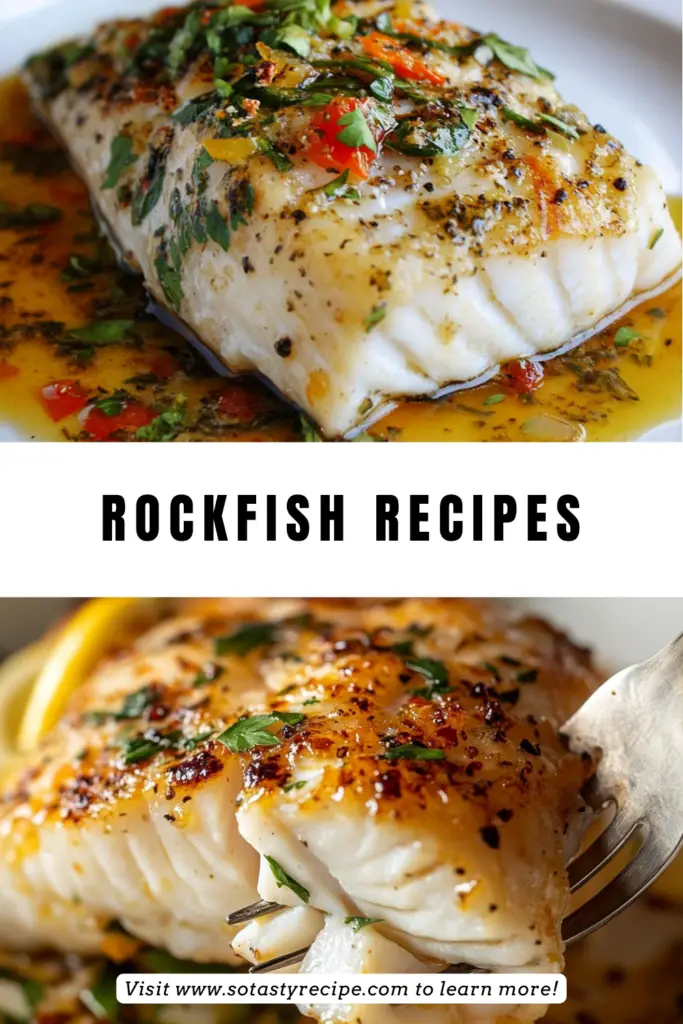
Frequently Asked Questions (FAQs)
What are some facts about rockfish?
Rockfish are a diverse species found in the Pacific and Atlantic Oceans. They are prized for their firm texture and mild taste.
What is the flavor and texture of rockfish?
Rockfish has a mild, sweet flavor and a firm, flaky texture, making it versatile in many recipes.
What temperature is rockfish done?
Cook rockfish to an internal temperature of 145°F for optimal safety and taste.
Is rockfish a healthy fish to eat?
Yes, it’s an excellent source of lean protein, omega-3s, and essential vitamins, making it a healthy addition to any diet.
Storage and Leftovers
To store cooked rockfish, place it in an airtight container in the refrigerator for up to 3 days. Reheat gently to maintain its texture.
Fun Facts and Trivia About Rockfish
- Did you know some rockfish species can live over 100 years?
- Rockfish are sometimes called “Pacific snapper” due to their appearance.
Suggested Recipes
For more savory recipes, you can also check my friend Alicia’s blog here.

